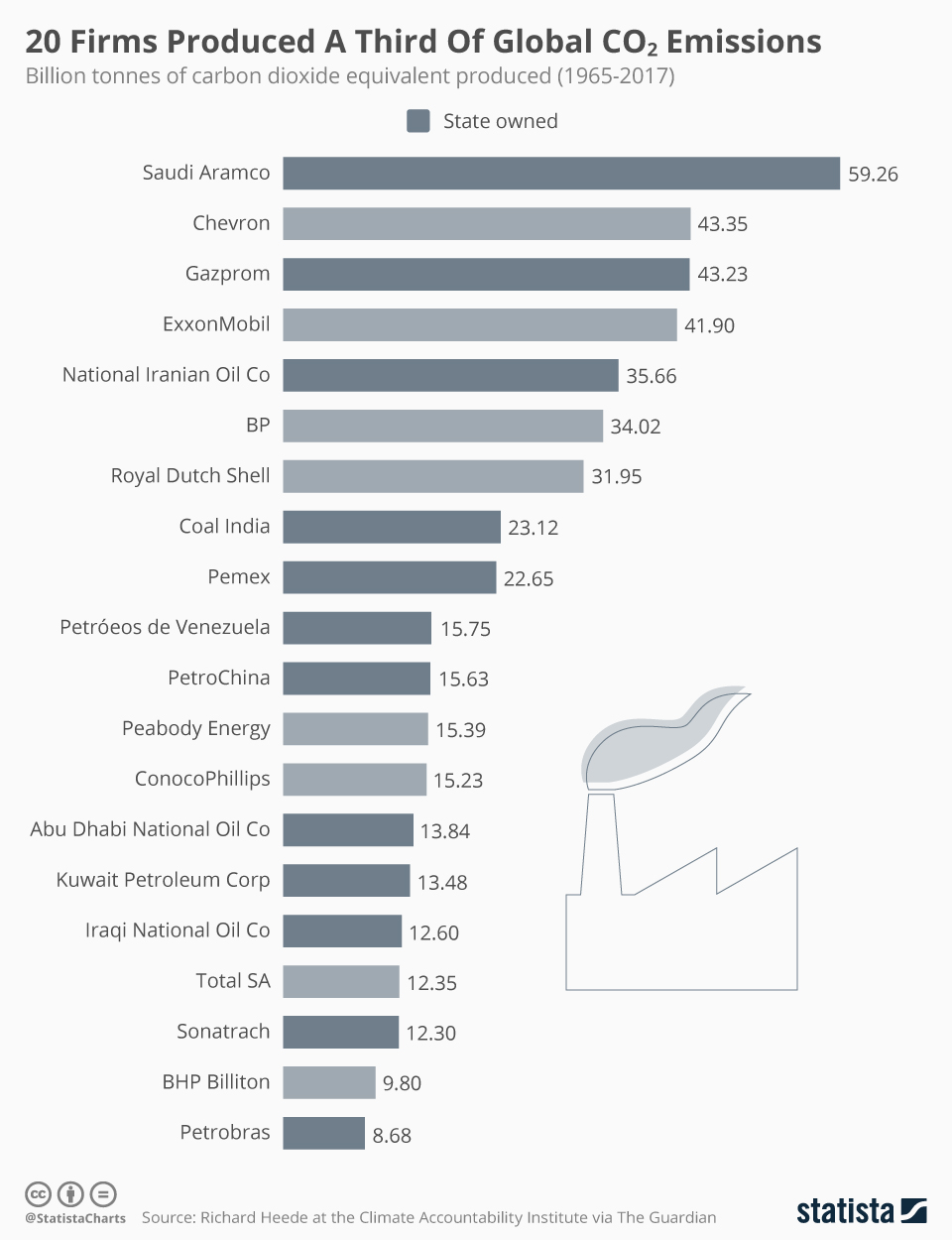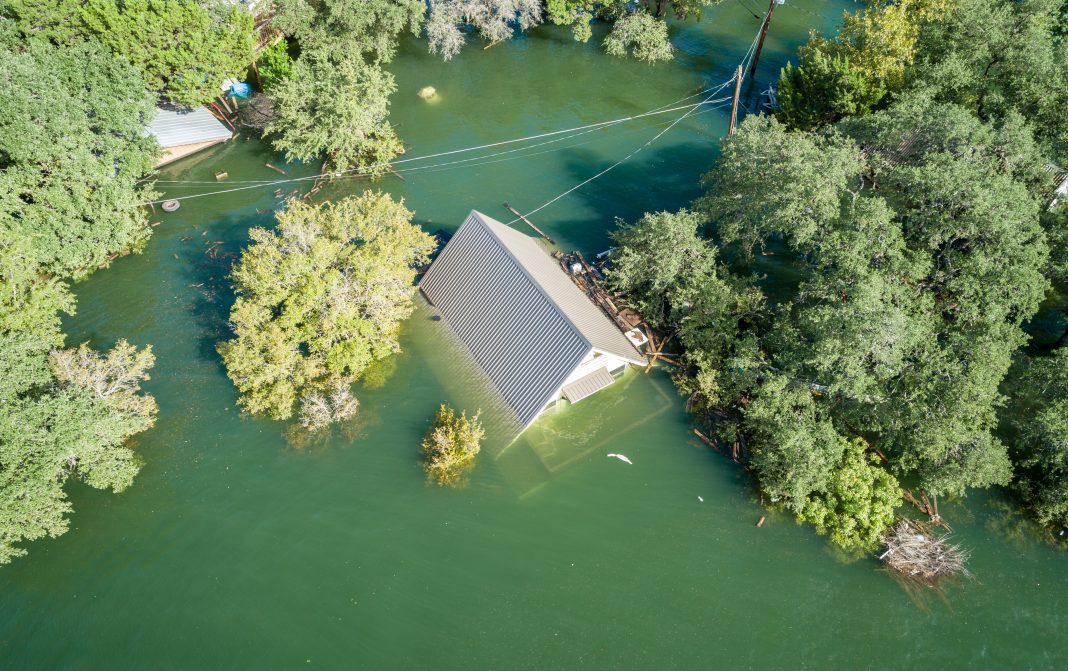The new IPCC report describes the financial commitment of high carbon-emitting countries – but are climate change policies enough to support justice and stop the crisis?
It is widely known that nations in the Global North and South are not equally responsible for the emissions of greenhouse gases.
The Global South – underprivileged due to histories of colonial abuse and the exploitation of Western powers – has severe economic inequalities and an unequal burden of climate change mitigation to bear to help reduce the world’s rising temperatures down to below 1.5 degree Celsius.
The Global South additionally suffers from frequent, dangerous weather extremes, and pollution to its environment because of mass outsourcing and use of foreign labour in the West, which holds massive impacts on ecosystems that has undeniable consequences for human life.
To account for this disparity – as is the focus of the IPCC’s Working Group II report on ‘Impacts, Adaptation and Vulnerability’ – the Global South has been promised around $100 million to assist climate change adaptation, however, it has not yet been paid this promised funding.
Regional injustices lead to climate disparities
This IPCC report withholds chapters on food and fibre, water, coastal ecosystems/oceans, ecosystems – but overall focuses on justice, describing it as: “Social justice comprises just or fair relations within society that seek to address the distribution of wealth, access to resources, opportunity and support according to principles of justice and fairness.”
“Climate justice comprises justice that links development and human rights to achieve a rights-based approach to addressing climate change.”
The issue of climate change lies in justice. Until countries which cause the largest carbon emissions begin to fund more into adaptation of climate change policies – moving away from carbon emissions and into the circular economy – the chance we have against climate change becomes better.
However, the countries emitting the most are also the ones who can afford to end this, but they don’t – whereas countries that need development, cannot afford the cost of sustainable development.
While polluting powerhouse nations have promised a mere $100 million to the Global South, this financial support has not even began from the very countries which promised it. With the increasing urgency of immediate change, this entails a scary outcome.
As seen with efforts to reduce poverty, the large amounts of inequity is becoming uncontrollable – and most of the world’s poorest people are already experiencing the severe impact of climate change.
While it may seem that we are too far gone from saving these populations – we forget it could be possible with efficient economic change in the Global North, and integrated efforts across the entire world. If nothing is done, then there will be no way to stop temperatures rising.
The world is already at 1.1 degrees Celsius
So, how do we become climate resilient? We advance sustainable development.
This necessitates prioritising climate policies, eliminating inequalities through justice, and tackling nationally determined contributions (NDCs) before other economic concerns like technological advancement – while important, there is not a technical solution to gender inequality, which is one of the drivers of vulnerability to climate change.
Improving wellbeing and promoting justice globally will greatly benefit our climate’s outcome – because every social choice made at this stage will affect whether we are moving towards lower or higher climate resilience.
The greatest impact is seen with climate change policies and decisions made by governments and companies, as individual people are generally unable to opt for more expensive, climate-friendly options. Therefore, policy decisions are vital in reducing greenhouse gas emissions, and won’t cost too much money if contributed by the people who contribute the emissions – as they are all in the top 1%.
A final solution to this crisis is the inclusion of diverse voices and different perspectives in higher political positions, contributing constructively to identifying appropriate solutions to the problems they have seen first-hand.
Finally, the rights of companies need to be stripped. They undermine human rights and bypass democracies, and those in power commit more to climate emissions than over 70% of the planet, many of which who sit in poverty and die from climate-related illnesses.

What does social justice for the climate look like?
Financial aid to countries which are carrying the heaviest climate burden is a great place to start – which has been attempted – but has yet to be seen through.
More difficult rearrangements would involve the social justice of returning land to Indigenous communities in nations with colonial histories, rejecting large industries and governments from exploiting the land further – which would decline great economic incentives – but would also give biodiversity a chance.
The large spider web of companies which have a monopoly over hundreds of other companies and businesses also carries a great responsibility to give back to the planet. Nestle – which is well known for its highly polluting practices, as well as alleged child labour in the Global South – for example, owns numerous other branches and chains which keeps it from holding responsibility for its actions.
Its numerous lawyers and big company pay outs protect it from paying back to the countries which it pollutes, which needs to come to an end – in more than just one company. This could be seen with greater national environmental laws in place in countries being exploited, adding limitations and caps on how much companies can do – as seen in with incentives like palm oil farming.

Outsourcing of waste, like from the EU to Asia, is another example of social justice which needs to be decreased. Using less economically developed nations to take the first hit of climate change to delay its eventual effect on the Global North is unjust and also allows bigger nations to abuse how much waste they create in comparison to other countries.
Finally, as highlighted in the report, technology is not going to be the saviour against climate change. Advancing technology over lessening our waste and emissions in more ethical manners is not going to help us fit through the already-small window we currently have.
Social justice is key to postponing the effects of climate change. We need to take a page out of the book of Indigenous communities which live in harmony with nature, understanding that our degradation of ecosystems is inherently self-destructive, and allowing governments to be ran by companies is essentially a death wish for the Earth.











